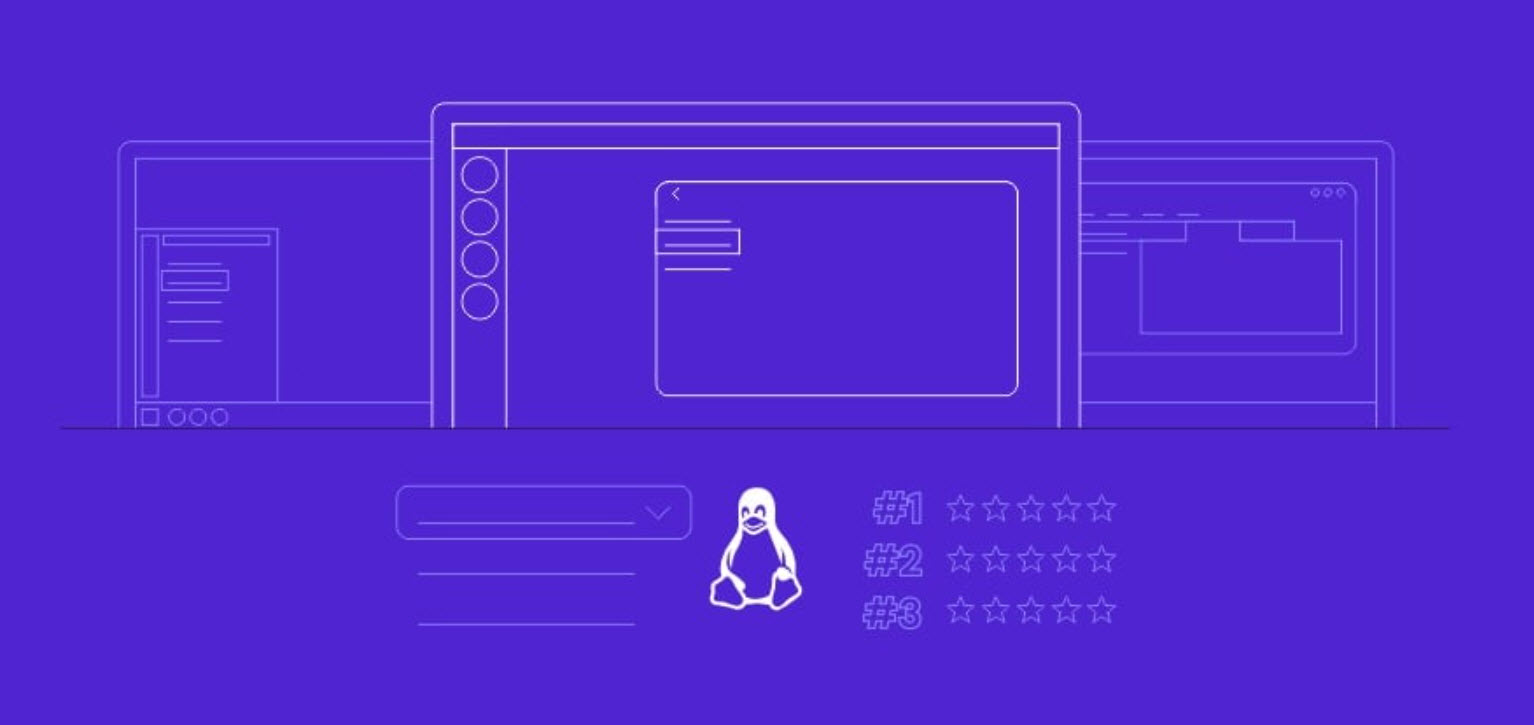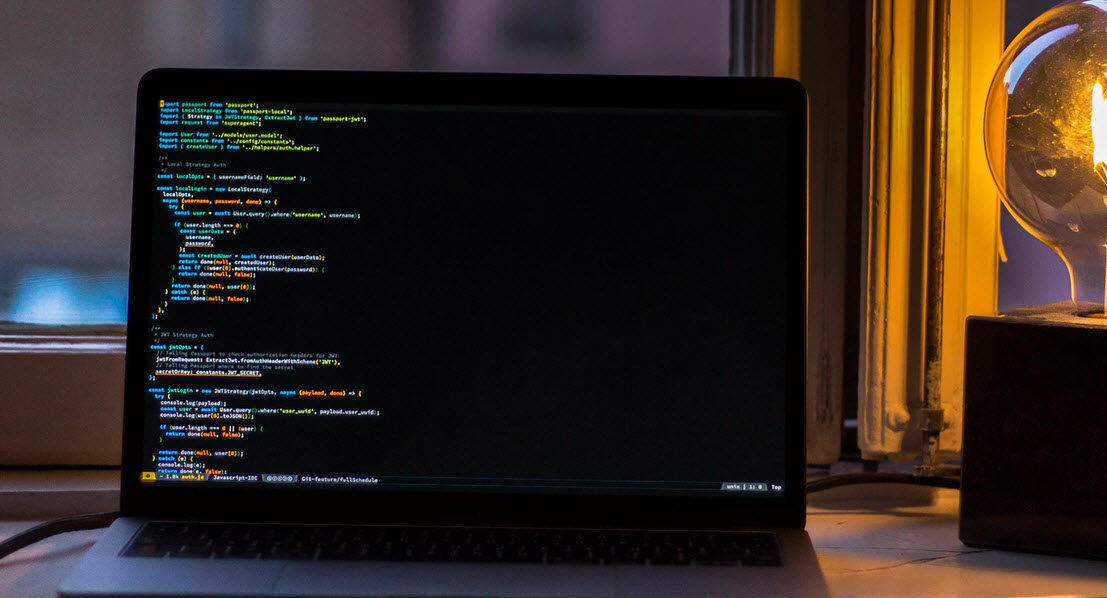
You’ll come across public Wi-Fi almost everywhere, in the airport, your favorite coffee shop, and hotels. While public Wi-Fi has made our lives better, it poses a lot of risks particularly security risks.
Hackers have made public Wi-Fi’s their playground where they illegally acquire users’ personal information and use it to carry out their fraudulent activities.
With studies showing that most smartphone and tablet users depend on WI-FI for their internet needs, the level of risk cannot be underestimated. Unfortunately, most users do not realize that public Wi-Fi exposes them the risk of their personal information getting stolen and malware being installed into their devices.
Wi-Fi network is easy to intercept meaning that every time you connect your unprotected device, there is a high chance that someone somewhere is snooping into your phone and harvesting data that can be used against you.
If you must use public Wi-Fi, it is vital that you ensure that your device is fully protected by installing a reliable antivirus among other measures such as a VPN. We cannot stress enough that failure to have a strong security measure to safeguard your device will be exposing you to hundreds or even thousands of security risks.
Always make sure the public Wi-Fi you connect to is secure
Connecting to a secured public Wi-Fi can significantly reduce the chances of losing your personal information to fraudsters.
In case you are not able to connect to a secured public Wi-Fi and the only option available is unsecured public Wi-Fi, only connect to that network if you have taken extra security measures such as having a VPN.
Never access your bank account on unsecured public Wi-Fi
It is paramount that you only access your bank accounts and other sensitive personal information through a private network. Otherwise, you should avoid even the secured public Wi-Fi networks when it comes to such confidential information.
Please know that the hackers of today are using sophisticated algorithms to identify loopholes with the highest potential. Having your bank details exposed through a public Wi-Fi is a golden opportunity for these fraudsters, and they will take the opportunity with the speed of lightning.
Don’t use public Wi-Fi to shop online
While buying items online doesn’t seem risky, it requires you to provide personal details such as bank account details. Therefore, avoid using public Wi-Fi to purchase goods online unless you have to.
Make sure your device’s automatic connectivity feature is turned off
Laptops, tablets, and mobile devices have settings that allow them to connect to Wi-Fi automatically. While this seamless connection feature might seem convenient, your devices may end up connecting to undesired networks. Therefore, make sure this setting is turned off in your device particularly when visiting an unfamiliar place.
Use a VPN when connecting to a public Wi-Fi
Dependable VPNs can help protect your sensitive details especially if you use public Wi-Fi on a regular basis. VPNs allow you to use ‘private tunnels’ each time you access the internet through a public Wi-Fi. This helps encrypt all your sensitive information that is passed through the public network.
However, it is imperative to make sure the VPN you are using is reliable. Some VPNs don’t have strong encryption mechanisms and may leak your sensitive data. Check out internet safety experts vpnpro.com for some recommendations.
Treat all public Wi-Fi links suspiciously
Most links sent through public Wi-Fi are not legit. Cyber criminals use public Wi-Fi to send bogus links to users in an attempt to acquire their sensitive information. For this reason, always treat all Wi-Fi links you receive with suspicion.
Monitor your Bluetooth connectivity.
A Bluetooth is another feature that is usually exploited by hackers. Hackers can manipulate devices with switched on Bluetooth to gain entry and steal personal data. It is therefore crucial that you ensure your Bluetooth is switched off when you are not using it. This should apply whether you are connected to a public Wi-Fi or not.
Protect your devices
Ensure your mobile phones, laptops, and tablets are protected at all times with dependable and robust anti-virus software. This is the only way you can guarantee the safety of your data. Most importantly, remember always to update your anti-virus software on a regular basis.
Final thoughts
It is a wise idea to protect your sensitive data using strong passwords. Luckily, there are several apps online you can download and use to create strong passwords that are not easy to guess. The best part is you don’t have to cram your passwords.
The app will safely store your passwords for you and allow you to quickly retrieve them whenever you want to login into your bank accounts. We also urge you to avoid using the same password for all your devices and bank accounts. Instead, create different passwords for your various devices and bank accounts.
You may also like:- Top 7 Commercial Linux Distributions
- Why Do I Need a Website?
- Reinforcement Learning in Real-world Applications: The Latest Successes and Challenges
- Various Python Libraries for developing RESTful APIs
- Top 7 NodeJS Frameworks You Need To Know
- How Buying Instagram Followers Can Help Businesses Soar
- How To Find Gaps In Your Cybersecurity And How To Address Them
- How to close the site from indexing using robots.txt
- Internet Security With VPN – Why Do You Need It
- How to Fix The DLL Missing Error in Windows 7?











